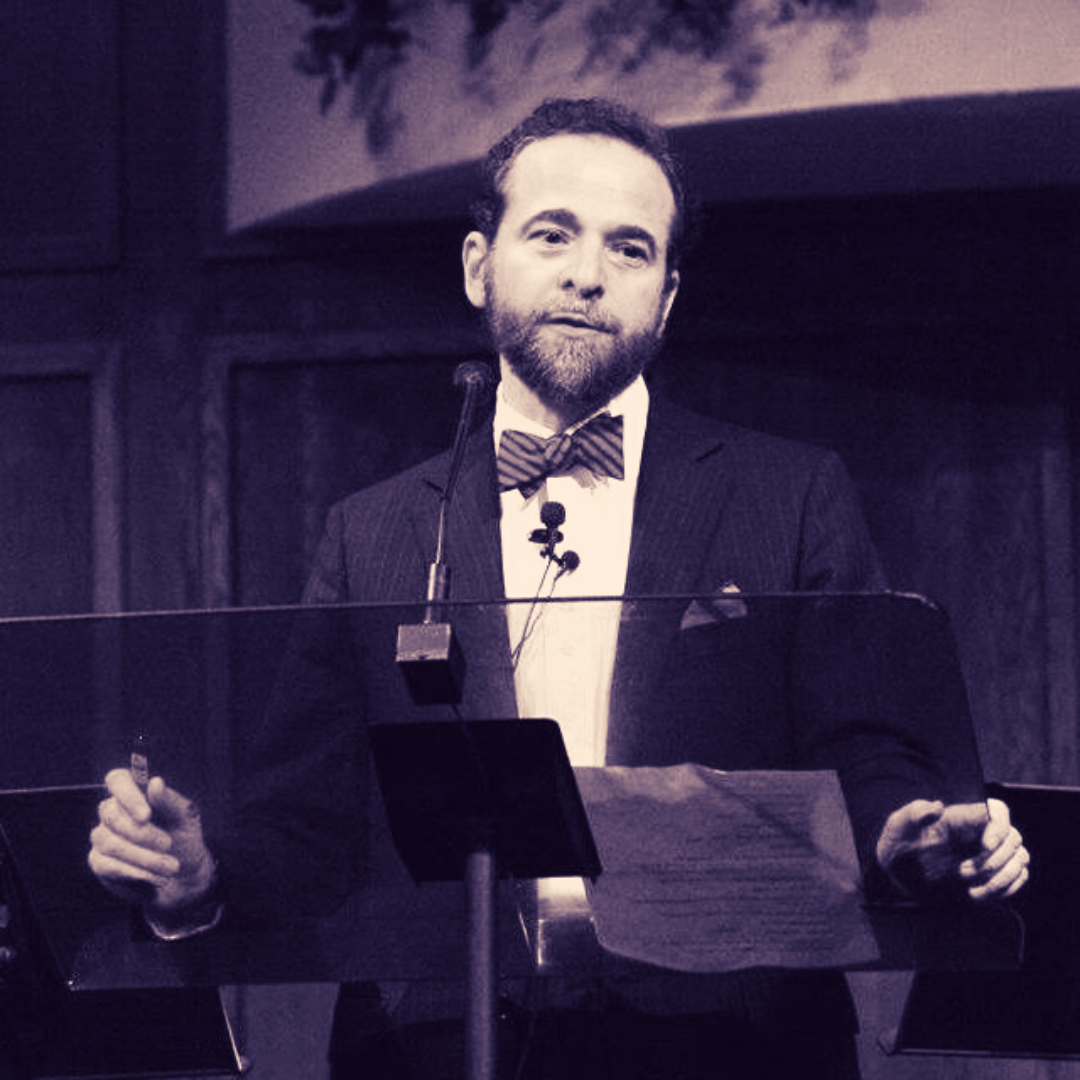Serious Business: Day 23
Author: Andrew Comiskey
November 05, 2020
In studying the Levitical
Holiness Code, and Lev. 18:22 and 20:13 in particular, Gagnon asserts:
‘The degree of revulsion
associated with the homosexual act is suggested by the specific attachment of
the word ‘toeba,’ (hebrew) “abomination,” “an abhorrent thing,” or “something
detestable, loathsome, utterly repugnant, disgusting,” intimating
a
particularly revolting and conspicuous violation of boundaries established by
God against the defiling behavior characteristic of other peoples.
In the concluding summary
in 18:24-30 all the practices mentioned in the chapter are described as “abominations”
(18:26-27, 29-30); yet in the preceding list of specific commands in 18:6-23
the word is mentioned only in conjunction with same-sex male intercourse. Once
again in Leviticus 20, where penalties are prescribed for many of the forbidden
acts of Leviticus 18-19, the word is applied specifically only to sexual
intercourse between males (20:13). In short, in the entire Holiness Code--indeed
in the entire priestly corpus of the Tetrateuch—the only forbidden act to which
the designation “abomination” is specifically attached is homosexual
intercourse.’ (The Bible and Homosexual Practice, p. 113)

‘…it would be a mistake to
regard the statutes in the Holiness Code as consisting of largely irrelevant
purity regulations. Indeed, most of Leviticus 18-20 can be thought of as
an
expanded commentary on the ten commandments, with prohibitions against
idolatry and witchcraft, stealing and lying, adultery and incest; and commands
to honor one’s parents, keep the sabbath, and to “love one’s neighbor as
oneself” (Lev. 19:18)’. (The Bible and Homosexual Practice, p. 121)
Gagnon takes us into the
depth of the Holiness Code, which contains the most direct and radical
prohibition of homosexual behavior in the Old Testament. The code itself was
designed for the Hebrews whom God set apart as a people unique to Himself and
distinct from the nations (and their deities) which surrounded Israel. God through Israel initiated a new sexual
ethic: monogamy--one man for one woman--which corresponded with and was
symbolic of another fresh idea: monotheism--one God for one nation. The
Holiness Code served as the boundaries that protected and distinguished Israel
from other altars and practices. Simply put, the worship of ‘pagan gods’ was
often reflected in a host of immoralities, including sexual ones.
There is a gravitas here
related to rebellion against God and His created sexual order for humanity.
Israel’s ethics directly reflected on her spiritual bond with this one God.
Violation of that bond was nothing short of idolatry. For reasons we may not
fathom entirely,
homosexual behavior weighed most heavily as the sin and the
symbol to avoid. The language of ‘toeba’ is fierce. It puts a
trembling in my bones. Yes, it designates a boundary. But that ‘fence’ is
electrified by the language of ‘abomination’. In the context of Lev. 18 and 20,
that word is only used to describe homosexual intercourse.
We cannot easily apply this
code without nuance to our lives today: its ceremonial and ritual and dietary
demands concern us little. Yet Gagnon makes the case that the code is at core a
recounting of the ten commandments, which major on how we live morally, sexually.
The code makes a case for how upright human relations reveal holy spirituality;
we also get a glimpse of God’s refusal to budge on our tampering with His image
in humanity.
It is a fearsome thing to ‘image’ ourselves in rebellion from
His holy commands.
‘Jesus, have mercy on us.
We say You are holy and we are not. We see our mixture of idols and orthodox
beliefs. Use Your Word to shore us up by surrender to Your Holy Name. You are
God and we are not. Yet we are Your people. Make us holy as You are holy.’
‘Jesus, show us Your way
through the uneven, deeply divided ground of our nation. Please compose and restrain explosive
hearts. Use us as instruments of Your
peace. “O blood and water which gushed
forth from the heart of Savior Jesus as a fountain of mercy for us, we trust in
You.”’
BACK